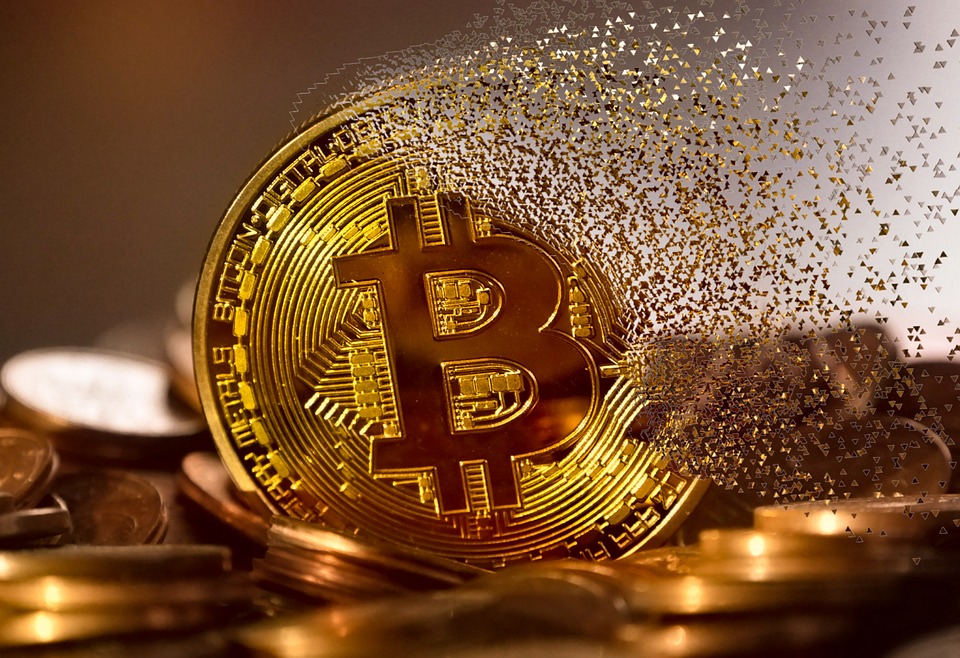Stocks, Bitcoin, And Gold - How Much Are They Worth?
Stock prices, according to the S&P 500, are up seventy percent from their lows last April. The Nasdaq Composite at its most recent high point was up, even more, sporting a ninety-five percent increase from its nadir. A number of individual stocks have done even better.
For the entire year 2020, however, stocks were up a more modest sixteen percent (S&P 500) and only seven percent for the Dow Jones Industrial Average.
However, the outsized performance of the Nasdaq was even more apparent on a full calendar year basis. For 2020 the Nasdaq was up forty-three percent. Relative to its peers, the average Nasdaq stock was up more than three to four times as much as non-Nasdaq stocks.
Maybe more impressive is that the Nasdaq Composite gain of forty-three percent in 2020 came on top of a thirty-five percent gain in 2019. The Nasdaq's total gain for the full two years was ninety-three percent.
The last time we saw increases in back-to-back years of similar or greater magnitude for the Nasdaq was in 1998 (up 39%) and 1999 (up 85%); for a two-year gain of two hundred fifty-seven percent.
Those euphoric years were followed by three years of negative results: 2000 (down 39%), 2001 (down 21%), and 2002 (down 31%). At one point, the Nasdaq had dropped eighty percent from its peak in 1999.
The three-year cumulative loss for the Nasdaq of sixty-seven percent would seem to say that stock prices had increased beyond any point that was reasonable. But what is reasonable?
Have we reached that point again for the Nasdaq and stocks in general? What about other assets (bitcoin, gold, etc.)? Further, how much is anything worth?

Image Source: Pixabay
WHY PEOPLE BUY STOCKS
People invest in stocks because companies, in general, provide goods and services of a productive nature that add value to our economy - today, and in the future. Over longer periods of time, it becomes value-added. This means that there can be profit potential, even without price discrepancies.
We place a value on things by setting a price for them. A new dress, a haircut, our homes, stocks, etc., all have a perceived value that is measured by the price affixed to it.
The price of a specific item or asset at any given time is a reflection of varied opinions. Some are based on fundamentals, some are based on technical factors. Sometimes there don't seem to be any reasons of consequence for the price quoted (Bitcoin?).
The combination of all the opinions, and the resulting expectations (some expect the price to go up, others expect it to go down or remain the same), plus all of the other known factors at the time that might possibly impact the price, provide us with the clearest possible indication of current value for the item in question: its market price.
An item's value comes from its use and consumption, or the added convenience, efficiency, comfort, satisfaction, and complimentary benefits to our standard of living.
So, the question is "Are stock prices today a reasonable indication of their true value; or are they underpriced/overpriced?"
BITCOIN AND GOLD
Owning Bitcoin is not a matter of investing. It is synonymous with bubbles and gambling. Whatever value (a process for the private transfer of money) there is has been obscured by fever-pitch price speculation.
It may seem trite and it has been noted by others already, but Bitcoin seems to be the 21st Century's version of tulip bulb mania. The price for Bitcoin is likely far ahead of any imputed value.
Gold is real money. Its value is in its use as money. That value is constant and unchanging.
Its price in dollars is a reflection of the value of the US dollar. Since the dollar has been in a long-term decline for more than one hundred years, the price of gold has risen commensurately over that time.
Currently, gold is fully-priced and represents a ninety-nine percent loss in the US dollar's purchasing power over the past century.
Kelsey Williams is the author of two books: Inflation, What it is, What It Isn't, And Who's Responsible For It and more




Thanks for the interesting insights about value and price. I would add my thinking that value relates to how much of my earning efforts I would trade for something. Of course that makes my determination of value very personal, and so it may not be relevant to some others, and certainly not to those who do not expend earning efforts to achieve income. Those folks are just plain "different", not that I am judging them, or condemning them, only pointing out that they are different. And certainly Bitcoin is a speculative creation, claiming to offer security by means of Blockchain technology, while mostly providing security and obscurity for financial transfers that seek to be hidden. But a skilled salesperson can sell to those with funds to buy, no matter what the product.
Agreed.
#Bitcoin was intended to be a digital currency, not tied to any specific government entity and to be completely autonomous. I've never been a fan since I find it highly volatile, too useful for criminals, and too subjective to the whims of governments who could easily make it illegal.
@[Michele Grant](user:4854), Yes, most people who buy #Bitcoin aren't buying it to actually spend it, they are buying it as speculators in hopes of selling it when it goes high, just like a stock.